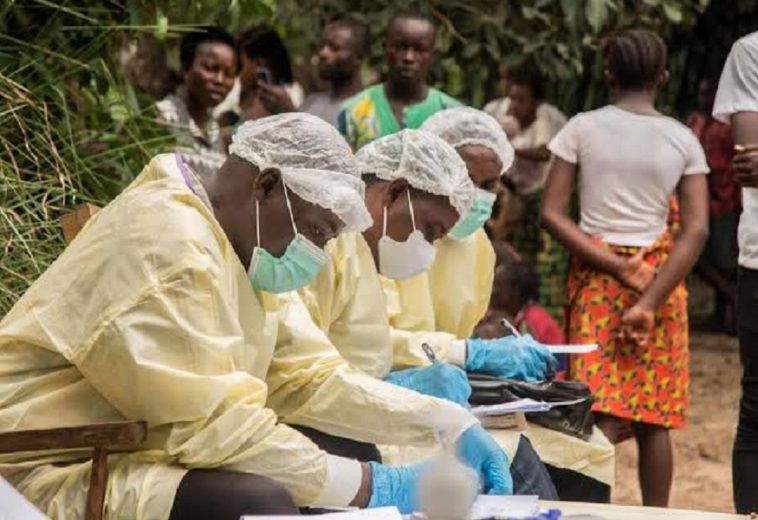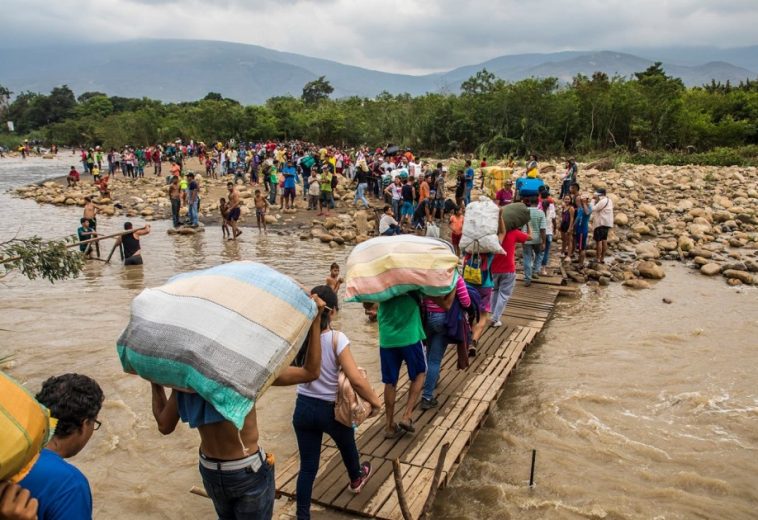Africa is actively pursuing global dominance in cyber security. Africa is breaking ground and changing the negative stereotypes of a technological laggard continent that is helplessly dependent on the West for its cyber safety and survival.
Cybercrime is on the rise as the world grows increasingly connected and dependent on digital technologies. In 2023, there was a significant surge in cyber attacks, with over 343 million victims. Data breaches increased by 72% between 2021 and 2023, breaking the previous record.
Email, as the most widely used vector for malware, remains a primary target for hackers. It is used by people worldwide for both personal and professional communication. Email was the primary means of malware delivery in 2023, with over 94% of firms reporting email security problems.
According to the Global Cybersecurity Index (GCI), country rankings are now presented in a tiered system, based on scores determined by the GCI Expert Group. This system provides an accurate reflection an accurate representation of each country’s strengths and weaknesses in cybersecurity.
Countries are classified into five tiers. Tier 1, also referred to as “Role Modelling,” represents the highest level of commitment across legal, technical, organisational, capacity-building, and cooperative pillars. Tier 2 is described as “Advancing,” while Tier 5, called “Building,” represents the lowest level of cybersecurity commitment.
In 2024, the International Telecommunication Union (ITU) recognised Ghana as a cybersecurity leader, ranking it as a Tier 1 country in the Global Cybersecurity Index. Ghana is one of only five African nations to achieve this prestigious status, with a score of 99.27%, placing it second in Africa, behind Mauritius. This ranking reveals Ghana’s advanced cybersecurity infrastructure and its role as a model for other nations.
Ghana’s success is attributed to several key factors. The enactment of the Cybersecurity Act of 2020 (Act 1038) has introduced strict regulations, including requirements for certification and licensing. Additionally, the development of the CERT Ecosystem has improved coordination and incident response capabilities.
Ghana has also shown its proactive approach to cybersecurity by implementing Cybercrime Reporting Mechanisms, such as public notifications and reporting points of contact. With the ratification of important international accords and the hosting of training programs, the nation has developed into a centre for global cooperation.
Other African countries that have attained Tier 1 status include Kenya, Mauritius, Rwanda, and Tanzania. Africa’s rapid advancements in cybersecurity highlight the continent’s ability to overcome challenges and embrace new technologies. With continued investment in cybersecurity, Africa has the potential to become a major player in the global digital economy.





















